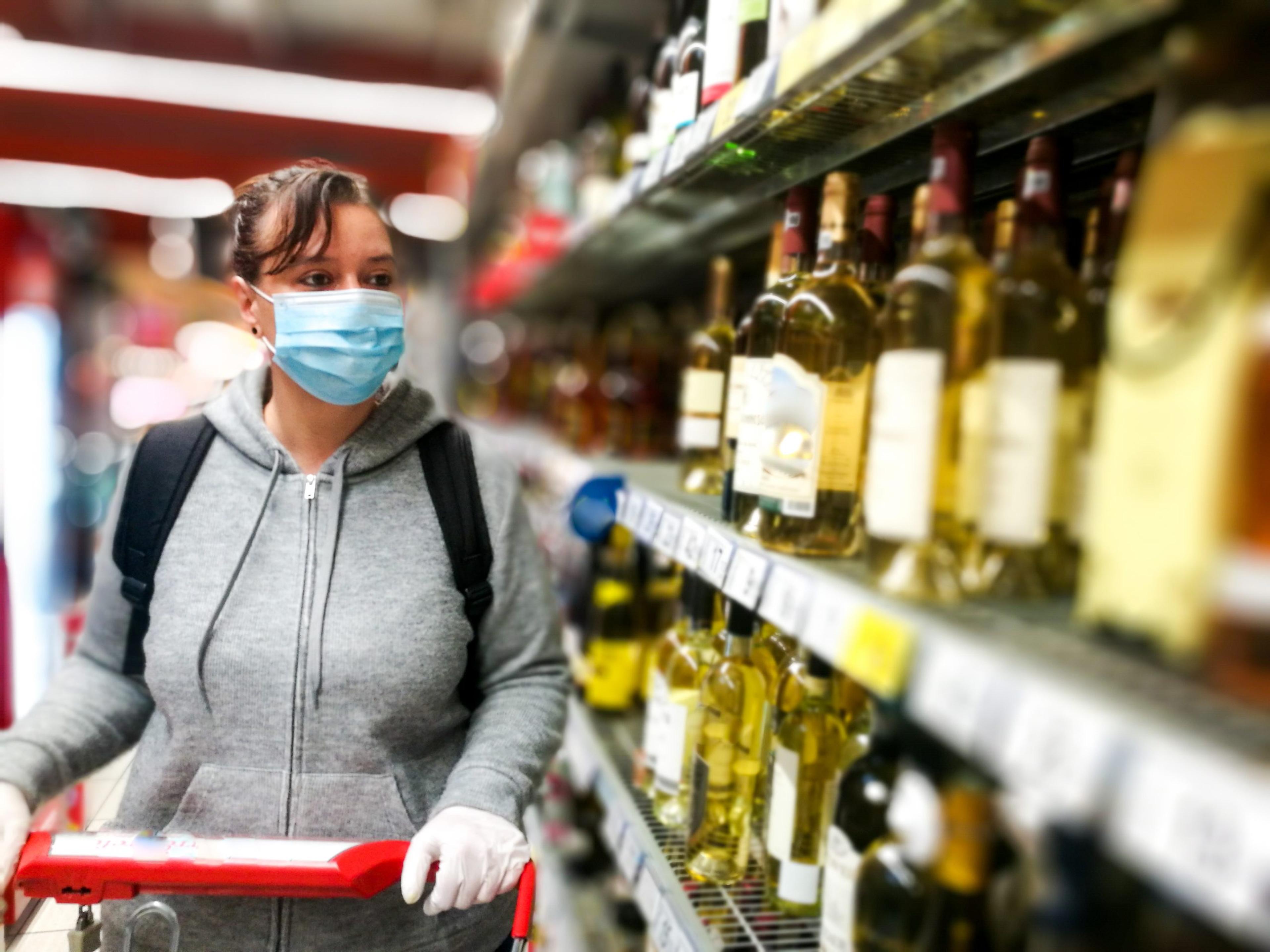Heavy Pandemic Alcohol Consumption Leading to Long-Term Health Concerns
Julie Bitely
| 3 min read

Experts are sounding the alarm that increased levels of alcohol consumption brought on by the COVID-19 pandemic could be fueling upticks in cases of alcohol-related conditions such as alcoholic hepatitis and even liver failure.
A Growing Problem Before the Pandemic
Prior to the pandemic, complications from over-consumption of alcohol were on the rise. In 2017, 2.8 million deaths were attributed to alcohol. The biggest culprits were liver disease and overdoses on alcohol alone or with other drugs. Additionally:
- The prevalence of alcoholic fatty liver disease with fibrosis had increased significantly. Developing fibrosis is a strong predictor of potentially fatal complications such as cirrhosis or liver cancer.
- In 2016, alcoholic liver disease became the leading indication for liver transplants in the U.S.
- A 2018 study found that alcohol-related deaths have doubled in the last two decades, with women affected disproportionately.
Isolation Contributing to Rise in Alcohol Abuse
To slow the spread of the virus, many people isolated and turned to alcohol as an escape. Purchases of alcohol skyrocketed early in the pandemic and adults are drinking at rates about 14% higher than they were prior to the start of shutdowns and social distancing efforts put in place to curb the spread of the virus. “As the stress and uncertainty of the pandemic weighed on people, some turned to alcohol as a coping mechanism,” said Dr. Gina Lynem-Walker, associate medical director, Blue Cross Blue Shield of Michigan. “Unfortunately, the longer people consume alcohol at unhealthy levels, the higher their risk for serious, irreversible complications moving forward.” Current dietary guidelines advise one drink per day for women and up to two drinks per day for men. Listen to Dr. Lynem-Walker discuss alcohol consumption habits on the A Healthier Michigan Podcast.
How to Rein in Your Alcohol Consumption
If you’re drinking more due to pandemic stress, Lynem-Walker said it’s important to cut back. Finding healthier coping mechanisms such as exercise, meditation or a new hobby is advised. Finding a non-alcoholic drink option to replace the ritual you might have created with alcohol can also be a helpful strategy to drink less. If you feel your drinking habits are problematic and that you can’t cut back or if you have a history of alcohol use disorder and you’re experiencing the urge to drink, it’s time to get professional help. Talking to your primary care physician is a good first step in assessing the level of help you might need and for referrals to additional treatment, if necessary. --- Blue Cross Blue Shield of Michigan and Blue Care Network can help members find an in-network mental health professional by calling behavioral health access lines listed below: PPO: Behavioral Health Access Line | 1-800-762-2382
- A free and confidential resource that’s just a call away when you need immediate support. Behavioral health professionals answer, 24/7.
HMO: Behavioral Health Access Line | 1-800-482-5982
- Connect with a behavioral health clinician if you need help finding a mental health or substance use provider.
- Behavioral health clinicians are available for routine assistance from 8 a.m. to 5 p.m., Monday through Friday. For urgent concerns after hours, clinicians are also available 24 hours a day, seven days a week.
Crisis Assistance:
- If you feel that your condition is an emergency that’s not life threatening, call the National Suicide Prevention Lifeline for support at 1-800-273-8255.
- If your situation requires immediate emergency help to prevent death or serious harm to yourself or others, please seek help at the nearest emergency room or call 911.
Learn more about mental health and options you have as a member to seek help at bcbsm.com/mentalhealth. Related:
- Pandemic Alcohol Use: Casual or Concerning?
- How Alcohol Affects Immunity
- How Alcohol Impairs the Sleep Cycle
Photo credit: Getty Images





